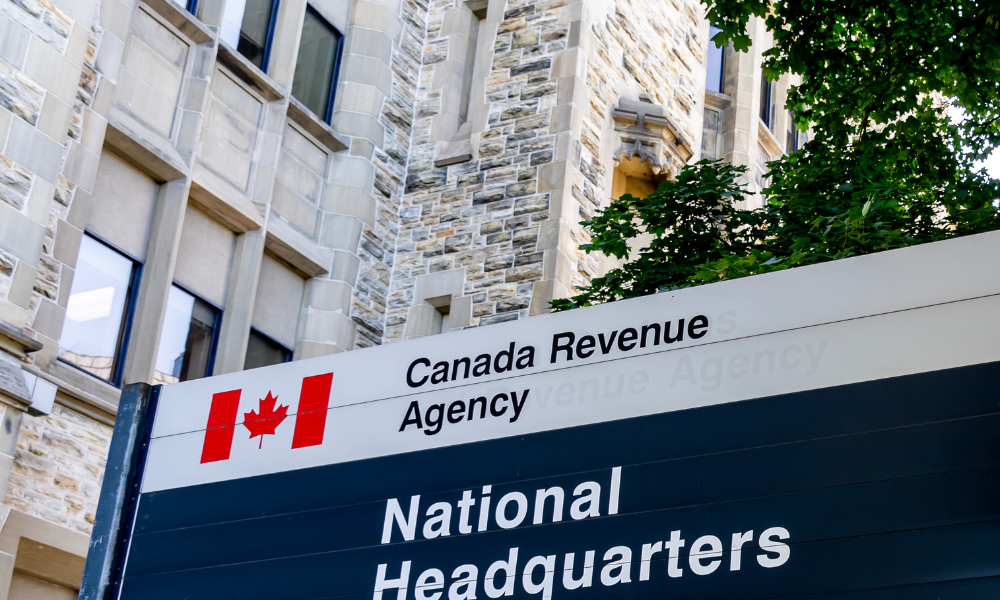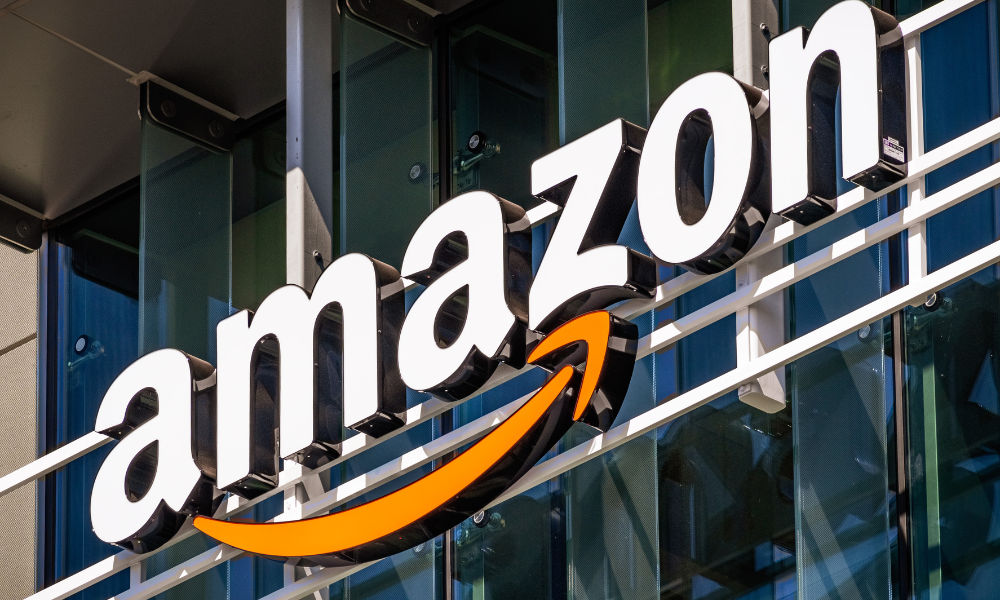App developers partnered with McCarthy Tétrault to help expedite its wide adoption

As some governments mull plans to scale back business closure orders and restart their economies, a new app is in the works which tracks COVID-19 infections using Bluetooth technology to allow doctors to notify people who have come within proximity of an infected person.
TraceScan is a new digital contact-tracing app being developed by a team of researchers from the University of Waterloo and ridesharing platform Facedrive. The team has partnered with McCarthy Tétrault LLP for help connecting with governments and corporations to help put it in use quickly. The app is free and Facedrive CEO and director Sayan Navaratnam says it will be available within a month.
“One of the biggest concerns, globally, today is around a second-wave reoccurring,” he says.
Latest News
“The idea is to get it into the hands of millions of users very quickly because the timing is critical, given that all the major governments globally are speaking of reopening the economy over the course of the next few weeks,” says Navaratnam.
Currently, when someone tests positive for COVID-19, they are interviewed to determine every person with whom they’ve been in contact for the last 14 days. Rather than relying on memory, TraceScan provides a list of every user who came near that infected person.
“Reopening the economy requires partnerships between corporations, governments and agile startups,” says Aliya Ramji, a partner at McCarthy Tétrault in Toronto and lead of MT>Ventures.
Navaratnam says he and his colleagues wanted a strong law firm partnership, not only to navigate legal and political systems on the app’s path to being widely used but also to ensure data security and privacy were protected. Facedrive is working with Waterloo on various forms of data security, including encryption. The data accumulated on the app is held within the phone, not connected to a central server, and is deleted after 21 days, he says.
Facedrive sought the help of McCarthys to connect with the firm’s international network, says Ramji.
“Their team came to me and said, ‘we want to partner with someone who could navigate through governments and startups and different corporations together and enable TraceScan to be that startup that helps reinvigorate the Canadian economy,” says Ramji, who’s practice is focussed exclusively on startups, scale-ups and other fast-growth businesses.
“With our network, we want to help partner for helping foster partnerships between corporations and governments because that's really what they need right now. That'll speed up the process of getting the app into the hands of the 35 million Canadians across the country.”






